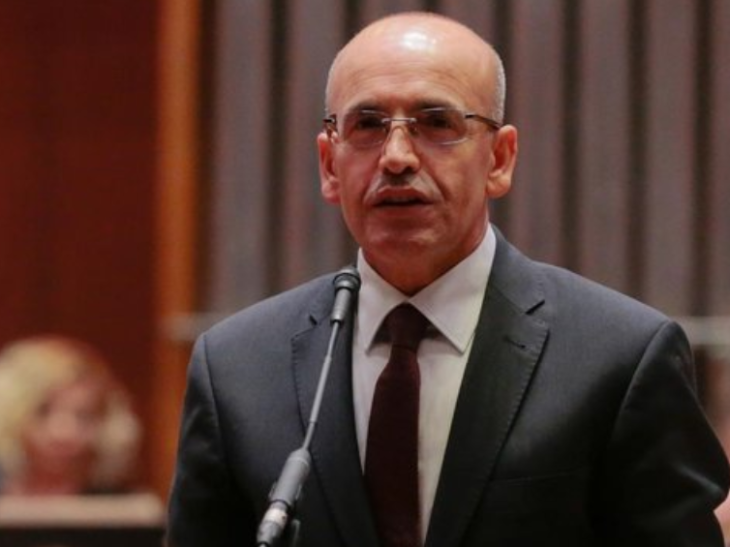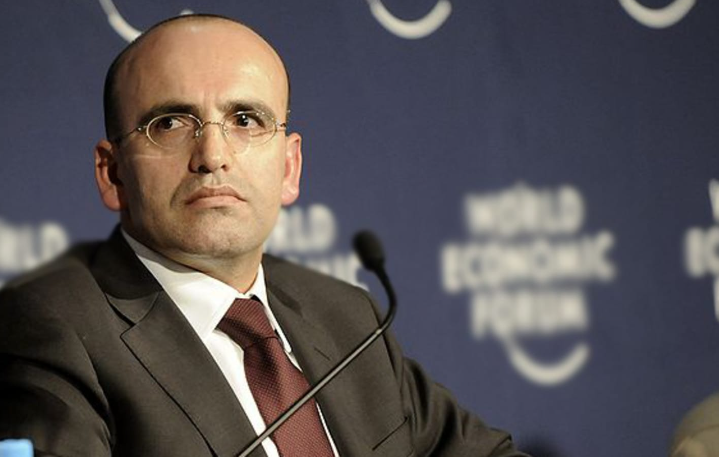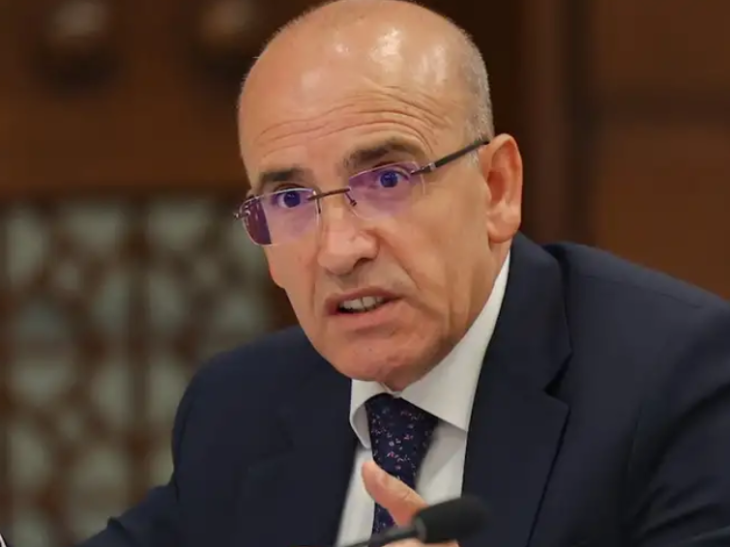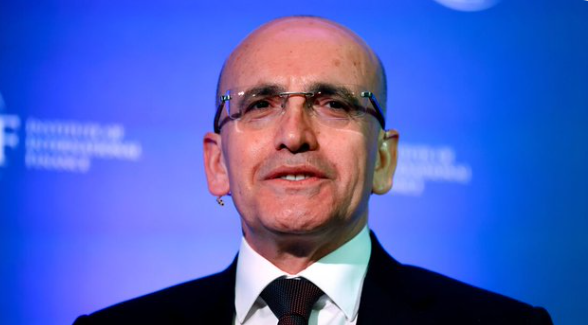Treasury and Finance Minister Mehmet Şimşek said that they are working on a minimum corporate tax for all companies.
Şimşek answered the questions on TRT Haber.
Reminding that they increased the corporate tax from 20 per cent to 25 per cent last year, Şimşek said, "We increased the corporate tax in the financial sector to 30 per cent. We are in a very serious effort to ensure fairness in taxation. There is a progressive tax practice. OECD is switching to minimum corporate tax. We will also introduce a minimum corporate tax for multinational companies. No matter what incentives you receive, no matter how many exemptions there are, it cannot be below 15 per cent. We are doing similar work for other companies. We are working on a minimum corporate tax for all companies."
The Treasury Minister said, "Everyone has to carry this burden at the rate they can bear. At the moment, we do not have enough underground resources for us or to sell abroad. What we have found is still limited. As a country, we will make our bread out of stone. We will produce and continue on our way with a fairer tax system. We have increased the tax on financial gains."
Şimşek reminded that they were faced with a large budget deficit last year. "If we had not taken measures, the budget deficit was so large that it would have been difficult for the banking sector to finance it from within. For this reason, we took measures last year so that the flow of resources to the real sector would not stop, loans would not be recalled, that is, all resources would not be given to the treasury. Some of the measures we took were inflationary. We increased VAT, we increased SCT on fuel because we wanted to keep the budget deficit under control in order to heal the earthquake wounds. These will not be done this year. It will not be repeated this year. "
To a question about whether the 25 per cent limit on rent increases will continue, Şimşek said, "I see no reason for it to continue, I think it should not continue. Therefore, there is no work in this direction, that is, there is no work to continue. That arrangement was already made for a while. I cannot comment on a decision that has not been made on behalf of our government, but I think that it will most likely not continue. I believe that prices should not be intervened. Intervention in the market is through incentives that will increase supply."
Şimşek pointed out that there is also a study on the revenues obtained from land and real estates in cities.
What about swap restrictions?
Şimşek responded to a question about swap restrictions that they will take a step by prioritising the long term.
Şimşek said, "We will take steps by prioritising 6 months later, 1 year later" in swap maturities. Regarding the gradual lifting of swap restrictions, Şimşek said, "We will decide what we will do at which time, in which order and in which dose within the framework of the programme."
Minister Şimşek added that if the CBRT did not accumulate foreign currency, the lira could gain nominal value and said, "If we did not buy foreign currency from the market (Dollar/TL) would have fallen to the 20s, below 30."
“All sorts of excess are dangerous,” Simsek said.
The lira was little changed as of 11:25 a.m. in Istanbul, trading at 32.21 per US dollar. Simsek said the currency could have strengthened to below 30 without central bank action. The Borsa Istanbul banking index rose 2%.
The central bank has improved its net reserve position, excluding swaps, by about $49 billion in the first two weeks of April, giving the country an important buffer against potential external shocks, Simsek said.
Foreign investors purchased a net $2.8 billion of lira-denominated government bonds in the week through May 10, according to the latest central bank data, marking the biggest weekly inflows into the debt in over a decade. That brought non-residents’ holdings to the highest level since September 2021.
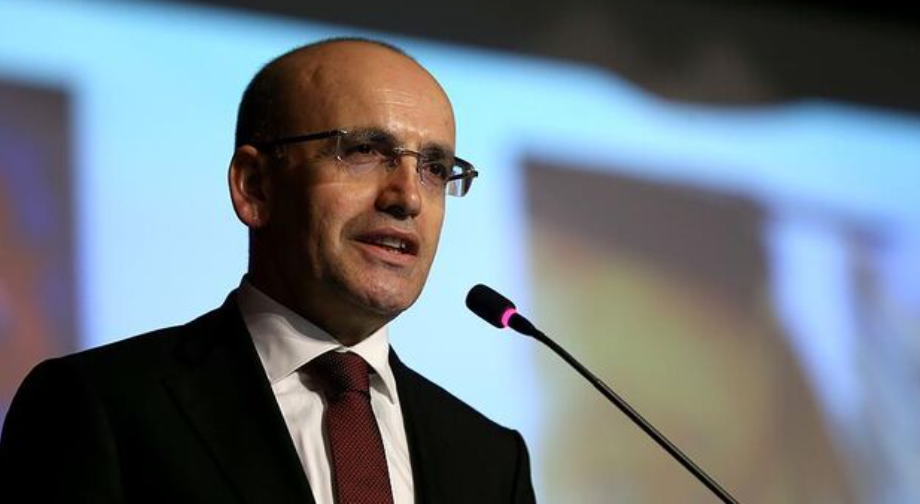 mehmet simsek
mehmet simsek


